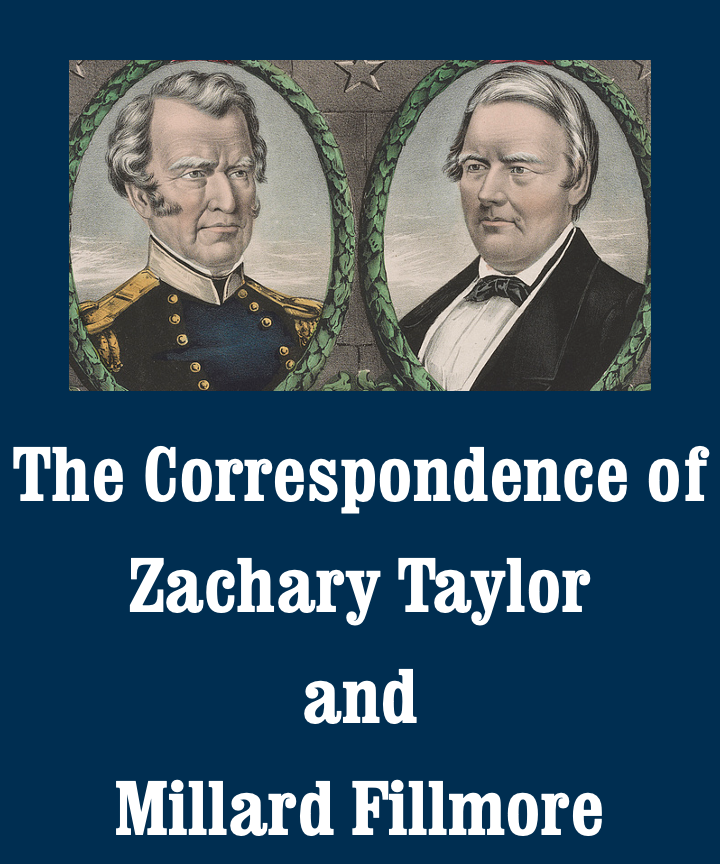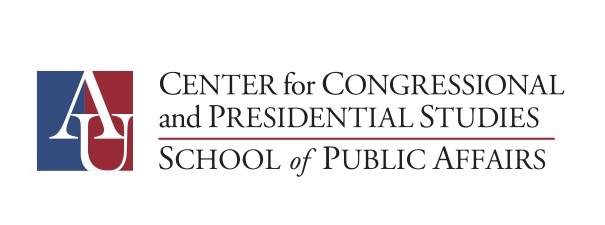Texas became a central issue in the presidential election of 1844. James K. Polk, the Democrat, supported annexation; Henry Clay, the Whig, opposed it. After Polk won, outgoing president John Tyler insisted that the voters wanted Texas. He still could not get the Senate to approve a treaty, which required a two-thirds majority. He therefore convinced Congress to approve annexation by a regular law, known as a “joint resolution,” which required only a bare majority. By the time Polk took office in March 1845, Congress had done so; all that remained was for the Texas government to accept the offer. In this letter, opponents of annexation share their concerns with Fillmore and seek his help to stop the process. They discuss Article II, Section 2 of the US Constitution, which provides that “The President . . . shall have Power, by and with the Advice and Consent of the Senate, to make Treaties, provided two thirds of the Senators present concur.”
STEPHEN C. PHILLIPS ET AL.[1] TO MILLARD FILLMORE
Boston June 25. 1845.
Sir,
The Convention of the People of Massachusetts opposed to the Annexation of Texas, which was held in Fanueil Hall on the 29th January, appointed a Committee of Correspondence, in whose behalf we address you.
By the appointment of such a Committee it was the design of the Convention to provide for immediate communication with the opponents of Annexation in this and other States, as soon as any emergency should be deemed to require a general consultation. The passage of the Joint Resolution providing for the admission of Texas as a new State into the Union upon terms, which, if they should be accepted by Texas, will await only the legislative action of the next Congress to be carried into effect, furnishes the occasion upon which we shall be expected to commence the performance of our duties.
In view of this proceeding of Congress- we take it for granted that you agree with us that the Constitution has been violated, that the reserved rights of the States and the People have been interfered with and subverted, and that a compact with a foreign nation for an unconstitutional object has been undertaken in a mode in which the treaty-making power cannot be exercised. We presume that you will estimate as we do the design and effect of the measure—that you feel the blow which has been aimed at the rights of the Free States—that you will foresee the political consequences which must result from the preponderance of the Slave-holding States in the Senate, and from the unlimited extension of the right of representation in the House of Representatives and the Electoral Colleges—and that, in such an attempt to increase to an incalculable extent and to prolong for an indefinite period all the evils of Slavery, you will discern a sure prognostic of National degeneracy and disgrace.
If the Annexation of Texas were already consummated—if it did not necessary^ily^ await the further action of Congress—if the voice of the People might not yet be heard in remonstrance against it,- we should feel that we could only consider and ask you to consider the last alternative of submission to a violated Constitution and the will of its violators, or an effort to obtain, at whatever hazard, that Constitutional guaranty of Liberty unalloyed with Slavery, which alone can secure to the country of the our Fathers the spirit and substance, and not merely the form of a Republican Government. But the work is not wholly done. It is yet in the power of Congress to retrace its steps; and the mortifying fact that the county has been brought into its present dangerous position by the votes of the Representatives of the Free States makes it certain that the People of the Free States, if they will even now arouse themselves, and act together and instruct their Representatives, have it in their power to preserve the Constitution and the Union inviolate. We make it our first duty therefore to appeal to them for this object, and to implore ^them to consider^ the magnitude of the issue which they may and must decide.
With this brief explanation of our views and purpose, we take the liberty of addressing you for the sake of asking your advice and co-operation. We desire to be informed of the present state of opinion and feeling in your State, and to receive all the suggestions in regard to a course of immediate and general action throughout the Free States which you may be pleased to communicate to us. If it be practicable, we deem it important that arrangements should be made for holding a series of popular Conventions, at which the subject in all its aspects can be fully discussed, and which will afford to the People an opportunity, in the most suitable and effective manner, to declare their will, and to exhibit their spirit and strength. We wish also to secure the aid of the Press throughout the Free States in favor of the cause, and of whatever movement may be resolved upon. As much as this must be done, if any thing is attempted; and as soon as we can be assured that those whom we address are prepared to co-operate with us, we will proceed to take such preliminary measures, as, in their judgment, may be properly expected of us.
Hoping to receive from you an early answer to this communication, we remain, very respectfully, Your friends and fellow-citizens,
S. C. Phillips.-
An answer may be addressed to the Committee, under cover to Hon Daniel P. King, M.C. South Danvers, Massachusetts.
Autograph letter signed. State University of New York, Oswego. Microfilmed in Lester W. Smith, ed., Millard Fillmore Papers (Buffalo, NY: Buffalo & Erie County Historical Society and State University College at Oswego, 1975), reel 10. From Fillmore’s autograph endorsement: received July 1.
[1] Written by Phillips and signed by him, Charles Allen, and Charles Francis Adams.

